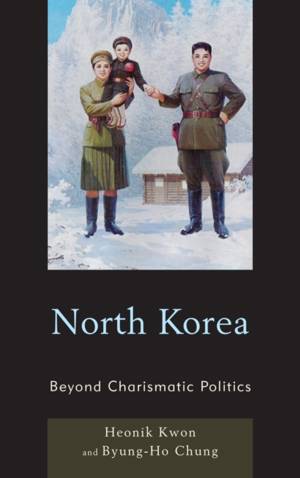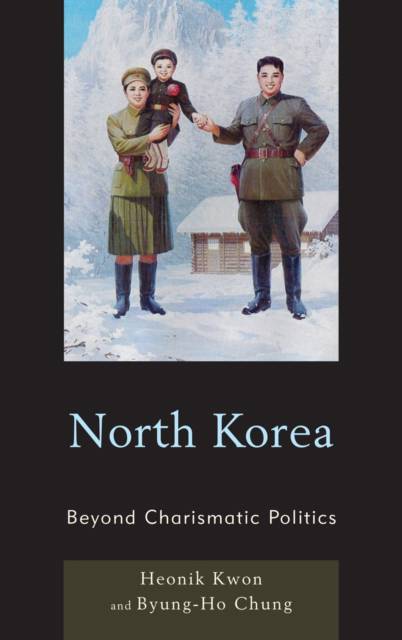
- Afhalen na 1 uur in een winkel met voorraad
- Gratis thuislevering in België vanaf € 30
- Ruim aanbod met 7 miljoen producten
- Afhalen na 1 uur in een winkel met voorraad
- Gratis thuislevering in België vanaf € 30
- Ruim aanbod met 7 miljoen producten
Zoeken
Omschrijving
This timely, pathbreaking study of North Korea's political history and culture sheds invaluable light on the country's unique leadership continuity and succession. Leading scholars Heonik Kwon and Byung-Ho Chung begin by tracing Kim Il Sung's rise to power during the Cold War. They show how his successor, his eldest son, Kim Jong Il, sponsored the production of revolutionary art to unleash a public political culture that would consolidate Kim's charismatic power and his own hereditary authority. The result was the birth of a powerful modern theater state that sustains North Korean leaders' sovereignty now to a third generation. In defiance of the instability to which so many revolutionary states eventually succumb, the durability of charismatic politics in North Korea defines its exceptional place in modern history. Kwon and Chung make an innovative contribution to comparative socialism and postsocialism as well as to the anthropology of the state. Their pioneering work is essential for all readers interested in understanding North Korea's past and future, the destiny of charismatic power in modern politics, the role of art in enabling this power.
Specificaties
Betrokkenen
- Auteur(s):
- Uitgeverij:
Inhoud
- Aantal bladzijden:
- 232
- Taal:
- Engels
- Reeks:
Eigenschappen
- Productcode (EAN):
- 9780742556799
- Verschijningsdatum:
- 9/03/2012
- Uitvoering:
- Hardcover
- Formaat:
- Genaaid
- Afmetingen:
- 155 mm x 231 mm
- Gewicht:
- 476 g

Alleen bij Standaard Boekhandel
+ 223 punten op je klantenkaart van Standaard Boekhandel
Beoordelingen
We publiceren alleen reviews die voldoen aan de voorwaarden voor reviews. Bekijk onze voorwaarden voor reviews.











